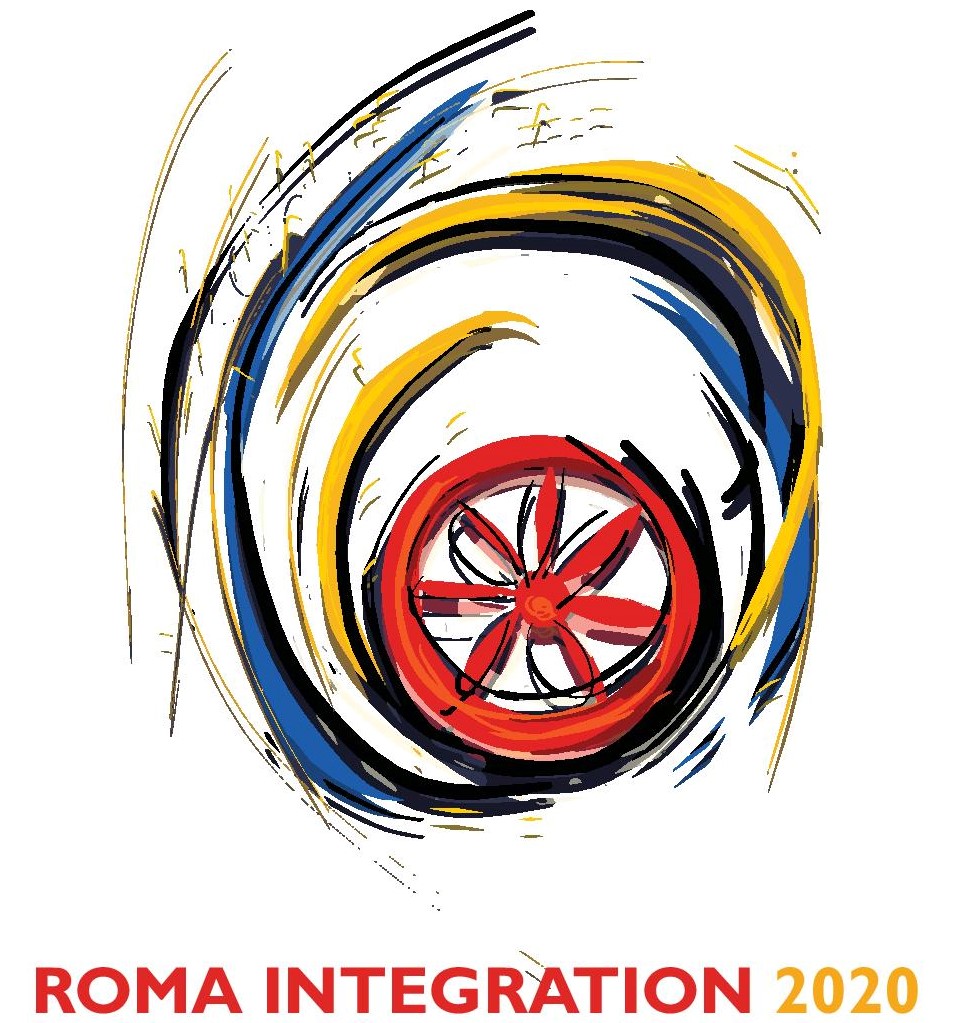Common European Roma Strategy Means Integrated Approach to Roma Integration in Western Balkans
- 01 Oct 2019
- News

RI2020
When societies face persistent or acute problems, policies and strategies are discussed. Policies are a collective activity focused on problem solving and strategy is a plan towards achieving a goal, which is, solution of problem. The Roma, the largest ethnic minority in Europe (over 11 million), face long standing social exclusion, so the problems of this population are not a challenge for the Western Balkans only. It requires common European policy and strategy for Roma Integration, to generate outcomes which will reach every individual no matter where they are.
Current EU Framework for National Roma integration Strategies comes to an end in 2020. Therefore, Workshop on future policies for Roma will take place in Brussels on 1 October, and will bring together National Roma Contact Points, representatives of civil society from the enlargement region and partners from the European Commission and international organizations to propose future policies for Roma and present their findings and options to be addressed by the new Strategy.
Post 2020 EU Roma Strategy should retain the current priority areas: education, employment, housing and health and continue to work with the governments in the enlargement region to align their national public policies for Roma integration with the new framework and ensure allocation of the necessary annual budget for the achievements of the set targets for Roma integration. Also, the European Commission should continue to deliver support under the Instrument for Pre-accession (IPA) towards programs serving the purpose of Roma integration with particular focus on employment and housing.
Antigypsyism should be included as priority area of a new framework since it is the root-cause of all barriers and challenges in other priority areas. According to the latest edition of Balkan Barometar, only 39 % of people in the Wester Balkans are comfortable working with Roma, while only 9% are comfortable marrying Roma/their children marrying Roma.
Post 2020 EU Roma Strategy should also entail proper monitoring and reporting on the key indicators to monitor progress towards the targets set in the Declaration. It refers to discrimination experience rate, primary school completion rate, secondary school completion rate, employment rate, proportion within the civil servants, rate of legally owned/occupied dwellings and rate of health insurance coverage. Obligatory annual reporting should also disclose the implemented measures, including number of beneficiaries and spent budget.
An important event for the Western Balkans took place in July 2019. Declaration of Western Balkans Partners on Roma Integration within the EU Enlargement Processwas adopted within the Berlin Process. Unlike previous documents dealing with the Roma, this is the first time that leaders of Western Balkan societies have set clear goals that their governments intend to achieve by their EU accession. By adopting the Declaration, the economies committed themselves to continue and further enhance efforts to achieve equality and full integration of the Roma, as part of regional cooperation and the accession process to the European Union. The Declaration foresees the achievement of specifically defined objectives in the areas of employment, education, housing, health care, documentation and combating discrimination. It also envisages the adoption of regional public budgeting standards related to Roma integration, and the establishment of official channels and mechanisms for joint involvement of local governments and Roma communities in policy formulation, as well as adequate mechanisms for monitoring and reporting on the implementation of policies related to Roma integration. It would be highly efficient for the post 2020 EU Roma Strategy to refer to the Declaration and build the perspective for the enlargement region regarding Roma integration on the Declaration.
The governments should embrace an integrated approach to Roma integration. Together with their partners in Roma associations, civil society and all other actors in this process, including each and every member of society, it is necessary to share understanding that effective Roma integration means that all barriers that Roma face are addressed in a holistic manner through the provision of essential services, social benefits and planned and focused interventions by the society. It is not about special measures for Roma population, it is about reaching European standards for entire society.






